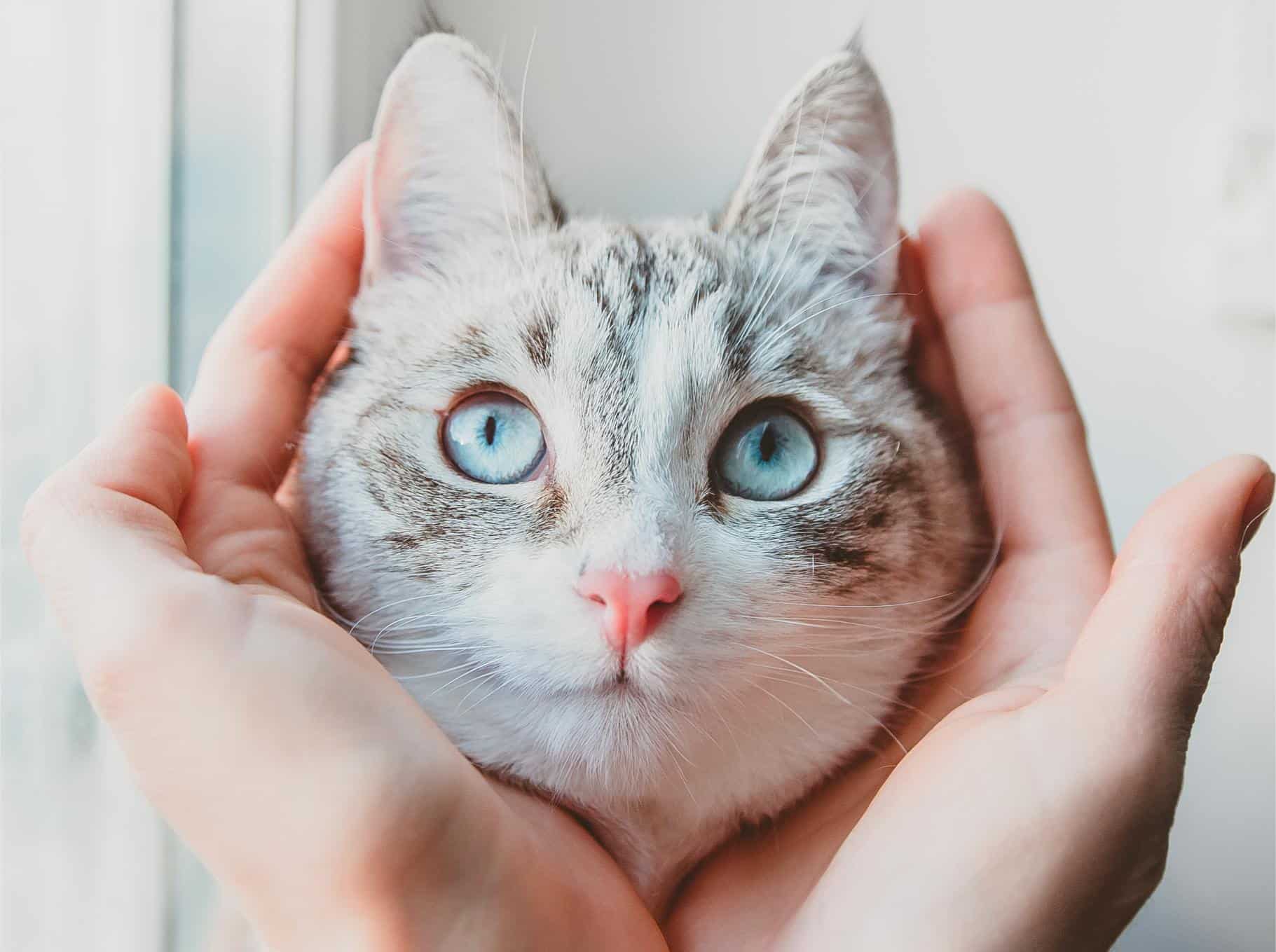The Importance of Wellness Care for Cats

If cats had it their way, they would probably never visit the vet. It’s a big ask to get them to travel, let alone subject them to strange noises and unfamiliar physical sensations. We do our very best to provide a warm, welcoming place for our kitty patients, and hope they leave with far more trust than they had before. Why go to such lengths if they hate it so much? The impact of wellness care for cats is not only far-reaching, but it can promote a higher quality of life.
Make It Their Idea
Cats definitely exude a self-sufficient vibe. Unfortunately, this can translate to getting less veterinary support throughout their lives. Because cats instinctively mask signs of illness or injury, a vast majority of them suffer in silence.
With a majority of cats categorized as overweight or obese, the rates of arthritis and diabetes are rising. Most cats over age 3 have some form of periodontal disease, a painful, progressive disease that can lead to tooth loss and infection.
Veterinary check-ups have the potential to prevent both weight gain and periodontal disease (among many other chronic health conditions). Regular examinations can also lead to early detection of developing health problems, and an easier treatment plan.
The Focus of Cat Wellness Exams
Kittens have a wide variety of medical needs. Vaccinations, spay/neuter surgery, microchip, and parasite prevention are all necessary components to kitten wellness.
As kittens age, it can be tempting to postpone cat wellness exams. Most health conditions start without any noticeable or obvious symptoms. By the time an owner registers red flags, a full-blown disease may be harder to treat.
Early detection and treatment is at the forefront of feline wellness plans. Adult cats should be examined at least once a year. Senior cats benefit from veterinary support every 6 months, starting at age 7. Nutritional support and professional dental cleanings can improve vitality.
More Than Emergency Care
Some cats only experience the animal hospital when they are suddenly ill or injured. This increases their discomfort and stress. If a feline has a frame of reference for their travel kennel, caring hands, and well-meaning people they may feel less fear and anxiety.
Crate training is a meaningful way to prepare your cat for the unavoidable. Make their crate a comfy place of refuge with soft bedding and catnip toys. Place the crate in a sunny spot, away from household chaos, and try to feed them nearby. It may take time, but the result? Easier, less scary routine veterinary visits.
The Importance of Environment
Indoor-only cats are arguably safer than cats allowed to roam the streets. However, to promote positive feline behaviors, indoor environments need occasional refreshing. Take advantage of vertical space, set up new perches, and consider building a catio to keep your cat simultaneously safe and entertained.
To uphold the high standards of cat health maintenance, it is recommended that both indoor and outdoor cats receive parasite prevention medication and scheduled vaccination boosters.
If you have any questions about feline health, our staff at Sacramento Cat Hospital is always here to help. Please reach out to us at (916) 488-4161.

